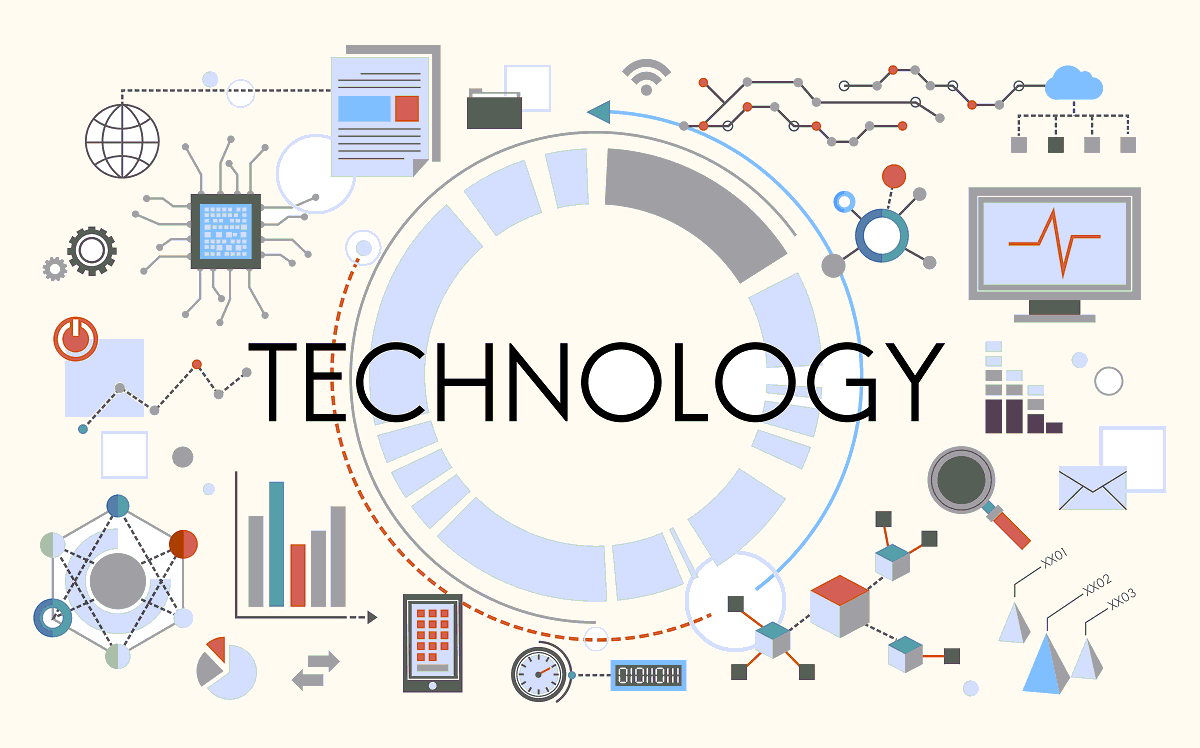Technology has been transforming the way we live and work for decades. With each passing year, the pace of change accelerates, bringing new innovations and opportunities. The future of work is no exception, as technology continues to reshape the landscape in profound ways. In this article, we’ll explore some of the key trends that are driving these changes, and consider what they mean for the future of work.
Increased Automation
One of the most significant changes brought about by technology is increased automation. Advances in artificial intelligence (AI) and robotics are making it possible to automate many tasks that were previously performed by humans. This is likely to have a profound impact on the workforce, with some experts predicting that as many as half of all jobs could be automated in the coming years.
While this may sound concerning, there is evidence to suggest that automation will actually create new jobs, as well as make existing ones more efficient. For example, many companies are already using robots to perform tasks such as stocking shelves or packing boxes, freeing up employees to focus on more value-adding activities.
Remote Work
Another trend that is transforming the future of work is the rise of remote work. Thanks to advances in communication technology, it’s now possible for people to work from anywhere, at any time. This is having a profound impact on the way work is done, with many companies now allowing employees to work from home, or from co-working spaces.
Remote work has many benefits, including greater flexibility, lower costs, and improved work-life balance. However, it also presents some challenges, such as maintaining team cohesion and ensuring productivity. Nevertheless, it’s likely that remote work will continue to grow in popularity in the coming years, as companies seek to meet the changing needs of their employees.
The Gig Economy
Another key trend in the future of work is the rise of the gig economy. This refers to a growing number of people who are working in short-term, freelance, or contract jobs, rather than in traditional full-time employment. This trend has been driven by the growth of platforms such as Uber, Airbnb, and TaskRabbit, which allow people to offer their services to others in exchange for payment.
The gig economy has many benefits, including greater flexibility and the ability to work on one’s own terms. However, it also presents some challenges, such as income instability and a lack of benefits. Nevertheless, it’s likely that the gig economy will continue to grow in the coming years, as more people seek to work in ways that suit their individual needs and preferences.
Conclusion
In conclusion, technology is having a profound impact on the future of work and is likely to continue to do so for many years to come. While there are many challenges ahead, there are also many opportunities, and those who are able to embrace these changes are likely to reap the rewards. Whether you’re an employee, an employer, or an entrepreneur, it’s important to be aware of these trends and to adapt and evolve in response to them.



